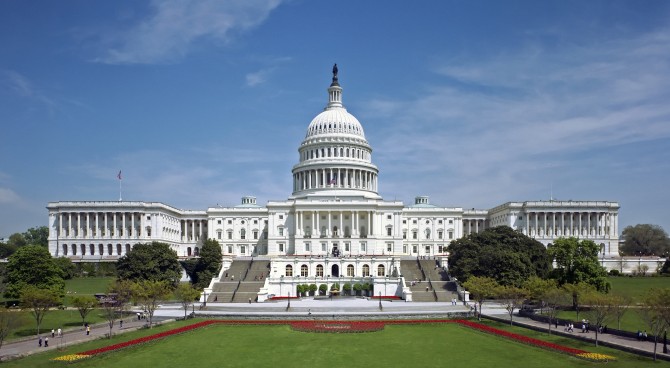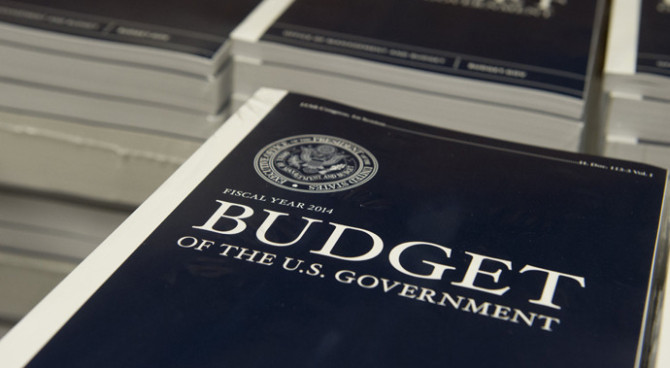When Congress and the courts say no, his agencies recruit foreigners to apply pressure here at home.
Oct. 17, 2023 6:15 pm ET
American exceptionalism, the product of economic freedom and source of our prosperity, is being threatened by the Biden administration, which seeks to circumvent Congress, the courts and the Constitution to Europeanize the American economy. The administration, which can’t get Congress to legislate its agenda or the courts to allow it through executive orders, is now using international agreements and coordination in tax, antitrust, environmental and financial policy to empower Europe to impose the administration’s agenda on the U.S.
Europe is more than willing to share its constraints with its more efficient competitor, but the Biden administration is the driving force behind this regulatory race to the bottom. This mounting regulatory burden is dragging down the unique productivity, wages and profits that Americans view as our birthright.
A perfect example is the Biden administration’s agreement to allow foreign governments to tax U.S. companies on their U.S. earnings if Congress refuses to adopt the Organization for Economic Cooperation and Development’s global minimum tax. The administration not only supports the international tax increase but was its principal author. While 137 nations endorsed the OECD tax agreement, a Democratic Congress rejected it last year. Now, with a Republican House, the administration’s only chance to raise corporate taxes is to use the OECD agreement to pressure Congress to impose the tax or let foreign nations collect the equivalent tax on U.S. subsidiaries operating in their countries. The Trump administration blocked France’s proposed digital services tax on U.S. tech companies by threatening tariffs on its wine and cheese exports to the U.S. But the Biden administration has pledged not to retaliate when foreign nations tax American companies on their U.S. earnings.
Another example of this collusion is the Federal Trade Commission’s coordination with the U.K. antitrust watchdog, the Competition and Markets Authority. After the FTC wasn’t able to block Microsoft’s acquisition of Activision Blizzard in federal court, the agency appears to have conspired with the CMA to block the acquisition.
When asked about FTC involvement in its objection, the CMA admitted it had 26 meetings and exchanged 74 emails with the commission about the Microsoft case. Based on this evidence Activision CEO Bobby Kotick charged: “The CMA is being used as a tool by the FTC to be able to create these kinds of outcomes, and [this] isn’t the way that they’re supposed to be operating.” Quaint as it may sound, the FTC is “supposed to be operating” according to the rule of law and the Constitution. Undeterred, the FTC and the Justice Department continue to sue Google and Amazon not for exploiting their customers, the U.S. antitrust standard, but for failing to protect their competitors, the European standard.
The Securities and Exchange Commission’s proposed climate-change standard, under which all large public and private companies would be forced to disclose their carbon footprint and those of their suppliers and customers, would impose European-style environmental reporting rules on American companies. Lacking the clear legislative authority to issue such a rule, the SEC likely faces a Supreme Court challenge similar to West Virginia v. EPA (2022), which overturned President Obama’s Clean Power Plan.
But the SEC has a backup plan. The European Union-dominated International Organization of Securities Commissions, of which the SEC is a member, has recently endorsed the International Sustainability Standards Board’s “sustainability-related financial disclosures standards.” Will the administration coordinate with the EU to enforce its rules against U.S. companies operating in Europe and their American suppliers and customers?
While the SEC has used its regulatory power to impose the administration’s anticarbon initiative, it has also pushed to expand its jurisdiction to cover the $20 trillion private-funds industry. In August the SEC approved sweeping new rules to expand its regulatory authority over investments made by sophisticated investors that historically have been considered capable of protecting their own interests such as pension plans, university endowments and wealthy individuals.
Based on his concern over the size and profitability of hedge funds, private equity and venture-capital firms, SEC Chairman Gary Gensler has pushed his agency to adopt the largest expansion in its regulatory authority in 80 years on a 3-2 partisan commission vote. Republican Commissioner Hester Peirce objected: “The rule-making is ahistorical, unjustified, unlawful, impractical, confusing and harmful.”
Given the absence of clear legislative authority for such a massive power grab, this is another invitation to a court challenge. But large financial-service providers have European investors, acquire European assets and operate in Europe. Don’t be surprised if Mr. Gensler starts coordinating with European regulators.
The Biden administration’s Europeanization of the American economy is a political agenda meant to expand the size and power of government. Most American families don’t have a political agenda. They have jobs, bills and responsibilities; they want a better life for their children.
Over the past 30 years, real per capita gross domestic product in France and Germany, the EU’s two largest economies, have grown, respectively, from $28,670 to $38,913 (a 35.7% increase) and from $30,615 to $43,032 (40.5%). Real per capita GDP in the U.S. has grown 56.7%, from $40,108 to $62,866. Making America more like Europe gives the Biden administration the government it wants, but European economic results won’t give American families what they want.



